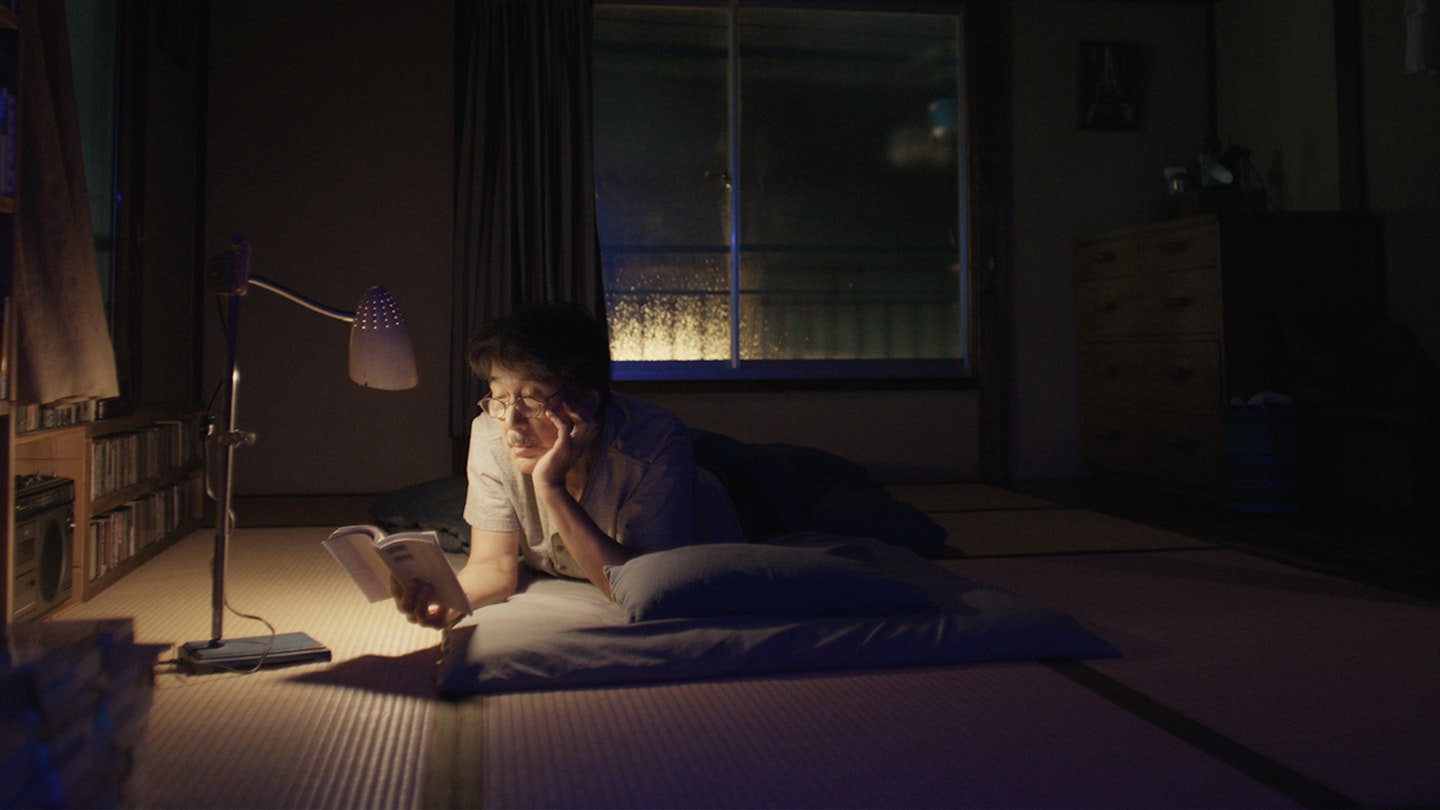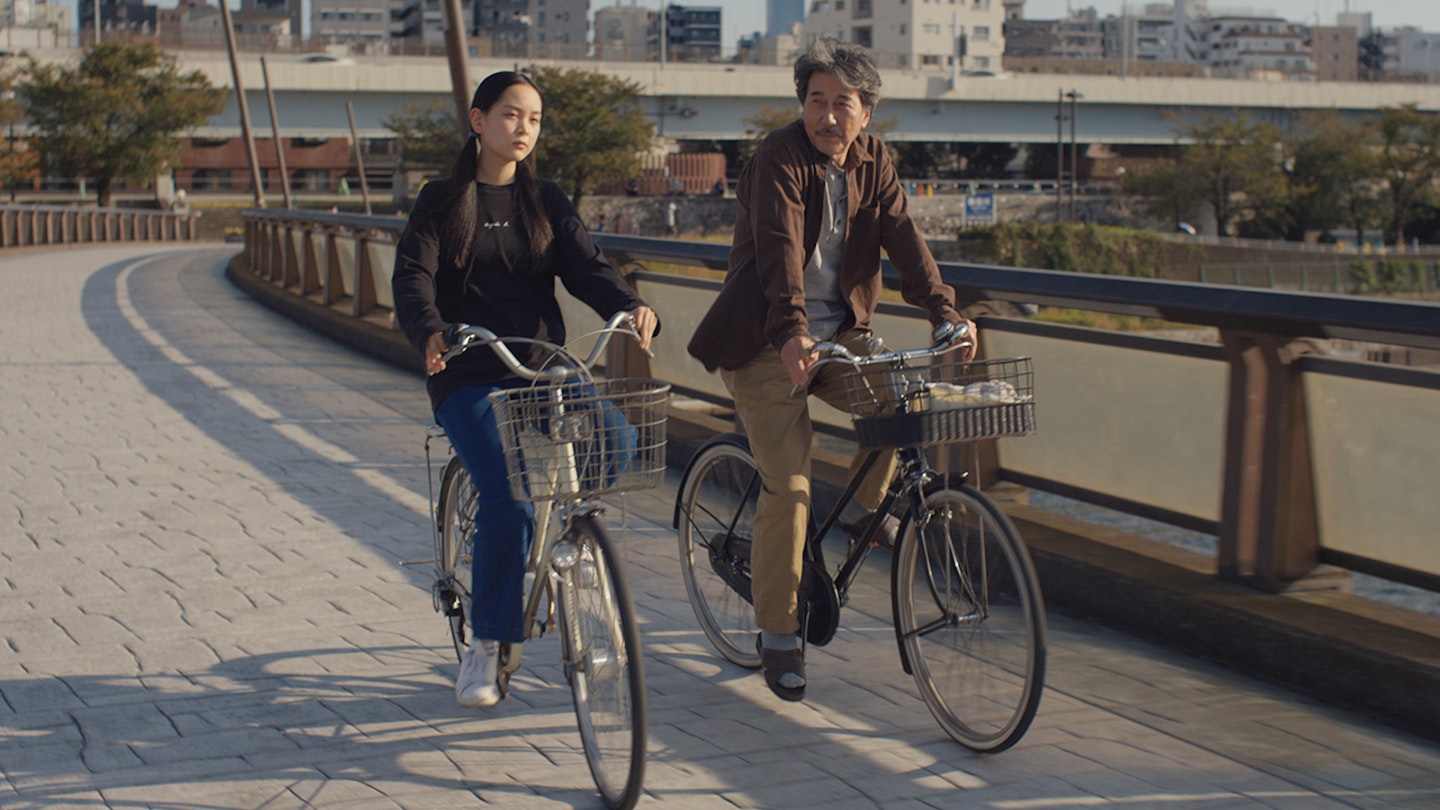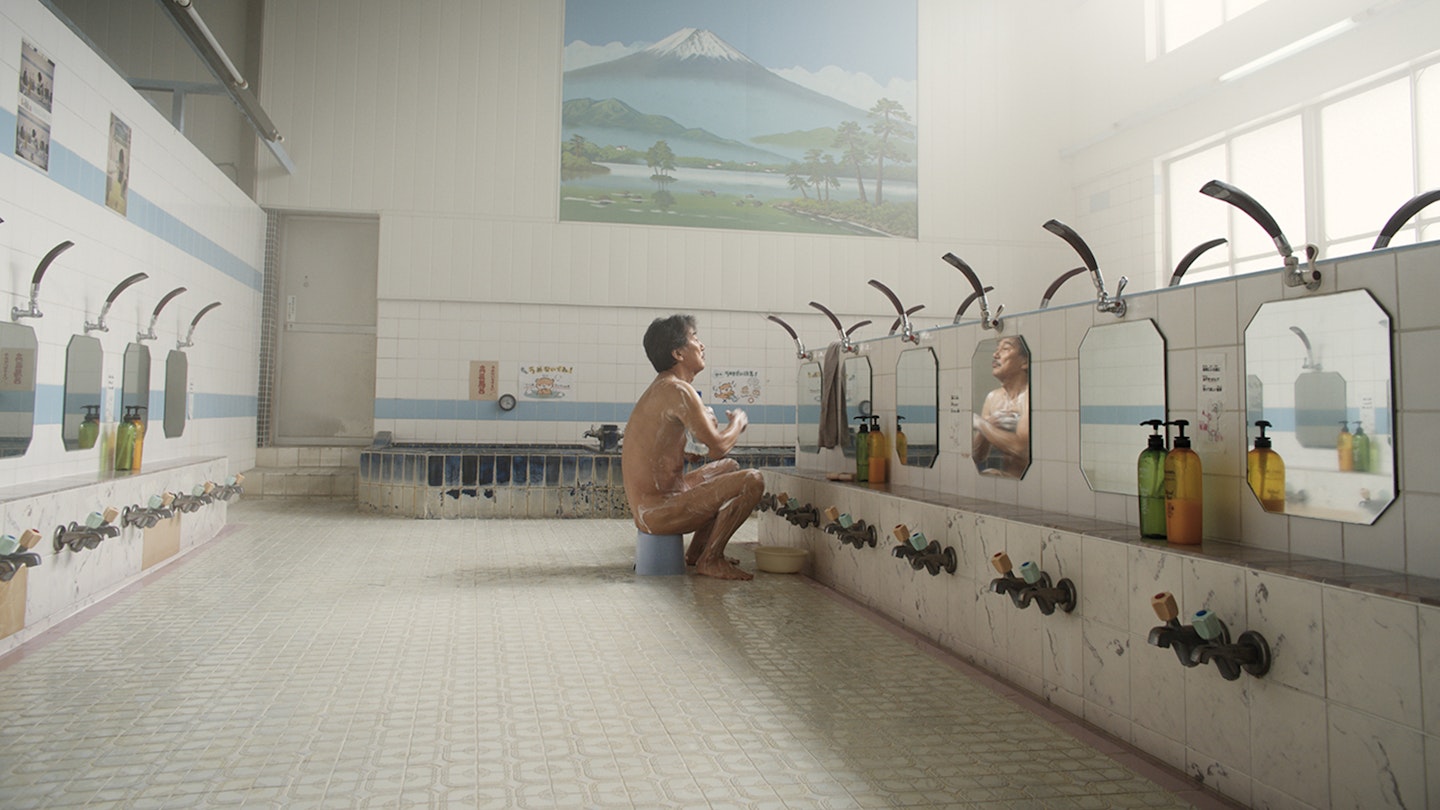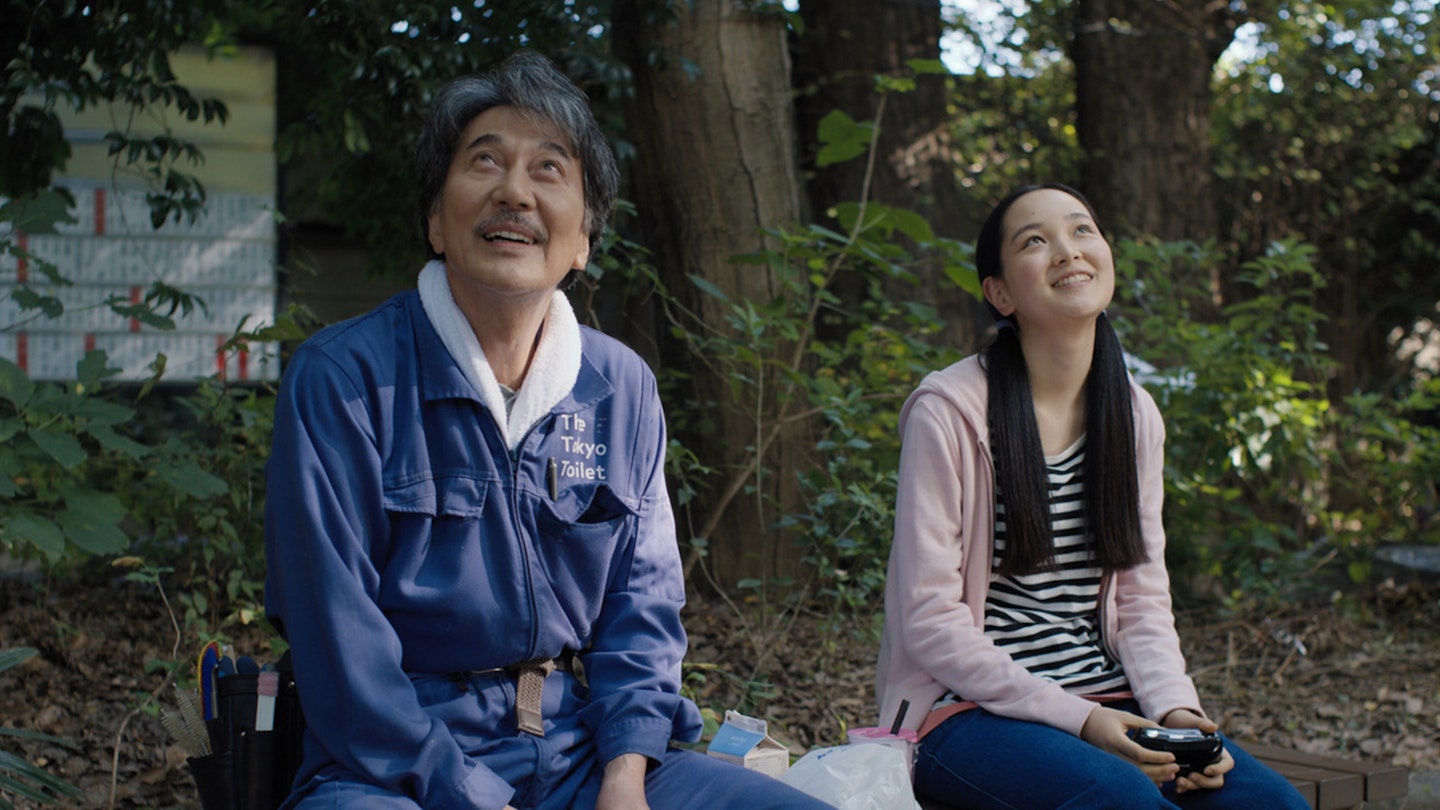Society sniffs at repetition, in its place prizing spontaneity and surprise. We are sold newness and adventure. How boring it is, we’re told, to do the same old thing, day in, day out, forever. But what if routine makes us happy? What if it comforts us? What if we need it? In music and art, patterns are pleasing, recurring rhythms satisfying and, sometimes, as they can be in life, sublime. As Wim Wenders explores so tenderly in Perfect Days, there can be bliss in routine. It’s nothing to be sniffed at.

Our guide is Kōji Yakusho’s Hirayama, a gentle, solitary 60-something who lives in a modest but immaculate apartment in Tokyo’s Oshiage neighbourhood. At dawn he wakes up, folds up his futon mat, trims his moustache and tends to his plants. Outside, a vending machine lights up the dark mornings as he grabs a coffee, hops into his little van and drives to work. And then out he gets, stepping onto the Shibuya streets in his jumpsuit and tooling up like a lavatorial Ghostbuster.
Life experience spills out of 68-year-old lead Kōji Yakusho, his performance a masterclass in nuance.
Hirayama cleans the facilities as if he’s maintaining the Mona Lisa, with delicate care and attention, and he is all but invisible to the patrons who come and go. He smiles as they scuttle in; he waits patiently. It’s a job of quiet virtue, not that Hirayama, who is entirely untroubled by ego, would see it like that. He takes pride in the process, then goes home, unfolds the futon mat, and the next day, happily, does it all again. Granted, these are lovely latrines — he is employed by the real-life Tokyo Toilet project, which boasts public commodes as contemporary works of art. Trainspotting this is not.

Is Hirayama content? Seemingly so. Speaking only when necessary, more likely to gesture than talk, he gives little away and wants for nothing. Or so it seems, until his life is unexpectedly interrupted, along with his equilibrium, and the rhythm — of the man, and the film — wavers. Slightly.
There is little drama in Perfect Days, just morsels of movement, and an emotional evolution as we learn a smidge more about Hirayama. The 78-year-old Wenders, who co-wrote the film (with poet Takuma Takasaki), is now in his sixth decade as a filmmaker, and it’s hard to imagine a young director having made this tribute to a man subtly sizing things up, and certainly not as compassionately as Wenders has. Meanwhile, life experience spills out of 68-year-old lead Kōji Yakusho, his performance a masterclass in nuance. When he does need to express himself more demonstrably, multiple emotions flicker all at once, and it’s moving in a way that you can’t entirely put your finger on. The whole film is like that: almost out of reach, with much to say while apparently doing so little. It sinks in stealthily.

It’s all about those rhythms, and how we navigate them when they change. There’s a Buddhist quality to the film, in which no sapling goes uncherished by Hirayama, who values trees at least as much as humans, stopping to admire the infiltrating sunlight, capturing it all with a film camera. Resolutely analogue, listening to music cassettes (Otis Redding, Lou Reed, Nina Simone) as he travels, he has rigidly remained in the early 1970s as the world has transformed around him. When he’s not working, he is just as ritualistic: the same public baths, the same bar, the same bookshop. Living at his own pace, he is a man out of time but in the moment, however humble those moments may be. And he embraces work as something to get lost in. Or maybe retreat to.
The film embraces it too, and is as meditative as the man, with cinematographer Franz Lustig’s camera watching him discreetly but affectionately. It’s a loving portrait, profound in its serenity, but not without humour, Hirayama perpetually a little flustered by his unreliable, skittish young colleague Takashi (Tokio Emoto, a joyful puppy of a man). Yet it’s the calmness that lingers, and it strikes you how rare that is in cinema these days. And in our lives. It’s a slight film, happy to dither, to just be. It might not change your world, but it may well nourish you. Which is, of course, the point.
